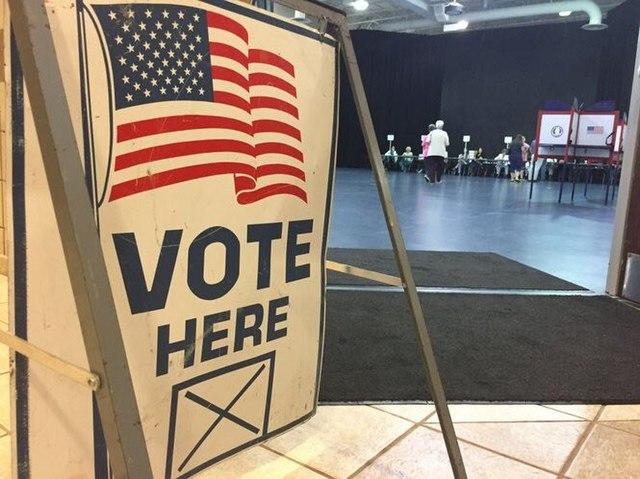“I wish people would stop vote-shaming third party voters. I plan to vote third party and I don’t need to be told that I’m “throwing away” my vote. I’m voting with my conscience.”
I can definitely sympathize with all of the third-party voters out there. Many US voters feel frustrated by both of the major candidates running for election in 2024. I particularly sympathize with liberal independents who may feel slighted by the lost opportunity to have a more formal selection process for the democratic nominee after Joe Biden dropped out of the presidential race. Additionally, it feels unfair to put thirdparty voters in the same category as those who abstain from voting at all, simply because their choice of candidate has a very low likelihood of ever reaching the Oval Office.
I also undoubtedly believe that the US would significantly benefit from structural changes being made to its election system. For example, if the US were to incorporate “Ranked Choice” voting, more people could freely vote for candidates outside of the two major parties without fear that they are unintentionally carving a path to success for their worst choice option. Ranked Choice voting is a system where voters rank candidates in order and the lowest ranked candidate is dropped through multiple rounds until one candidate receives a majority of available votes.
With this in mind, I am not in the business of telling you how to vote, and there are valid personal reasons for choosing to vote third party. Additionally, I applaud you for your continued participation in the democratic process, which few college students do to begin with, even if you are frustrated with the existing system.
However, I want to explore where the “vote-shamers” are coming from. By expressing that you are “voting with your conscience,” you are declaring that you are unwilling to compromise your existing social values when selecting a candidate. I think that is incredibly important, and your choice offers an effective challenge to many candidates to do better. However, you also should understand there are many people who might share your frustration with the current electoral system and continue to vote for one of the two major parties anyway. Here we can find the principle of political harm reduction: the willingness to vote for a candidate you may not align with, in order to avoid the election of a candidate who is comparatively far worse. While voting for a third-party candidate is a reasonable choice, it is unlikely that your vote will select a winning candidate. Furthermore, if your livelihood would be directly negatively affected by the election of a specific candidate, you would vote in the most likely way to prevent that candidate from being elected, which rationally would be voting for the other major party candidate.
It is reasonable to be frustrated that many people don’t support your choice of candidate or your choice of voting strategy more generally. However, even in your frustration, you express your equal lack of understanding for other voting philosophies. If you ask others to extend grace to you, in recognition of your choice to vote third-party, you should also be willing to extend grace in equal measure to those who vote for the “less worse option” in order to avoid the “worst case scenario”
As always, if you are a member of the Wellesley community and have thoughts on the presidential election or on this most recent article, Please fill out this form: https://docs.google.com/forms/d/e/1FAIpQLSef4OPkKeLkFOmbzIIouB5Jk6LIVccyS20RFNx17EtBJDo58g/viewform?usp=sf_link




